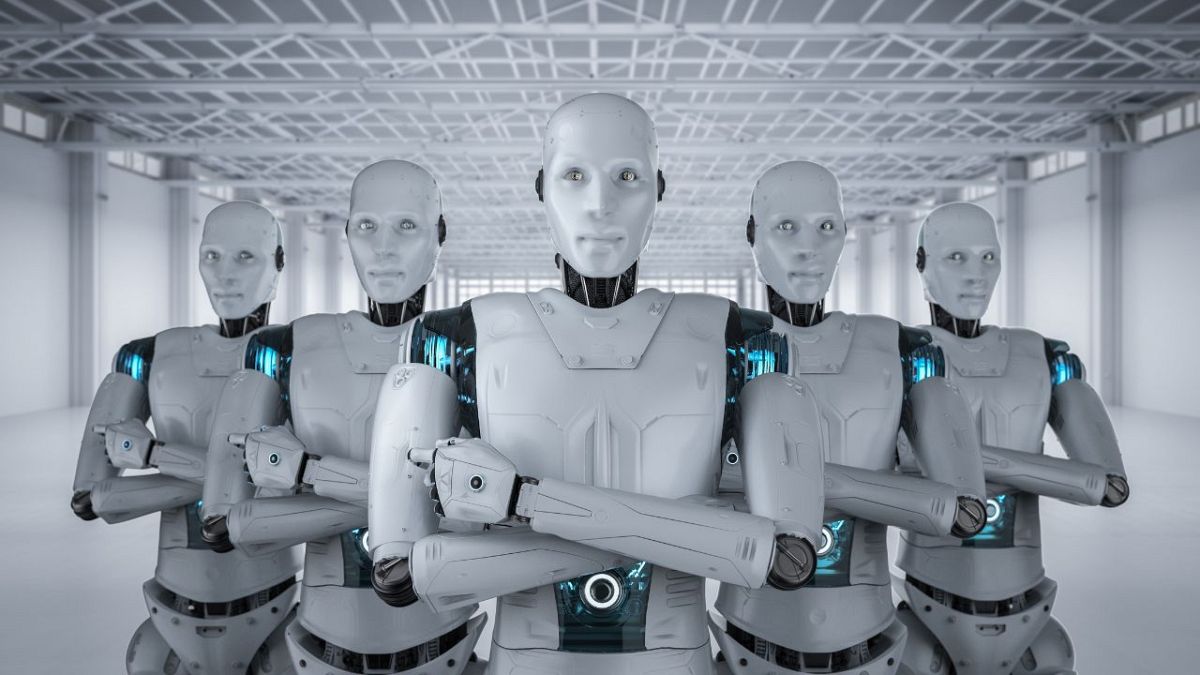MIT researchers looked at whether or not AI was more cost-effective in 1,000 visually assisted tasks in 800 occupations.
The age of artificial intelligence (AI) brings with it a buzz as well as the resurfaced centuries-old fear of technology taking our jobs.
But AI is still far too expensive to replace humans in most jobs for now, according to a study by the Massachusetts Institute of Technology (MIT).
The research looked into the practicalities of replacing human labour with AI in jobs in the United States where computer vision was employed, such as teachers, bakers and property appraisers.
The study found that only 23 per cent of workers’ wages could be cost-effectively replaced by AI. The researchers also predicted that it would still take decades for computer vision tasks to become financially efficient for companies, even with a 20 per cent drop in cost per year.
Computer vision in AI allows machines to draw information from visual and digital inputs. In a hypothetical bakery, used as an example in the study, computer vision was used to inspect ingredients for quality control. But that task is only six per cent of their work and would cost more to install and operate the technology than for a human to perform the task.
The study, financed by the MIT-IBM Watson AI Lab, used online surveys to gather information on roughly 1,000 visually assisted tasks in 800 occupations. It found that in many cases it was more expensive to install and maintain AI systems than for a human to perform the same tasks.
“‘Machines will steal our jobs’ is a sentiment frequently expressed during times of rapid technological change. Such anxiety has re-emerged with the creation of large language models,” the researchers said in the 45-page paper titled “Beyond AI Exposure”.
“We find that only 23 per cent of worker compensation ‘exposed’ to AI computer vision would be cost-effective for firms to automate because of the large upfront costs of AI systems”.
Since OpenAI’s ChatGPT exploded onto the scene in November 2022, fears have mounted over the possibility of AI causing job losses in industries spanning the arts to banking. A Goldman Sachs report in 2023 estimated that 18 per cent of work globally could be affected by generative AI.
But last week in Davos, OpenAI’s CEO Sam Altman said artificial general intelligence (AGI), a hypothesised form of AI with intelligence that can perform tasks like humans, “will change the world much less than we all think and it will change jobs much less than we all think”.



